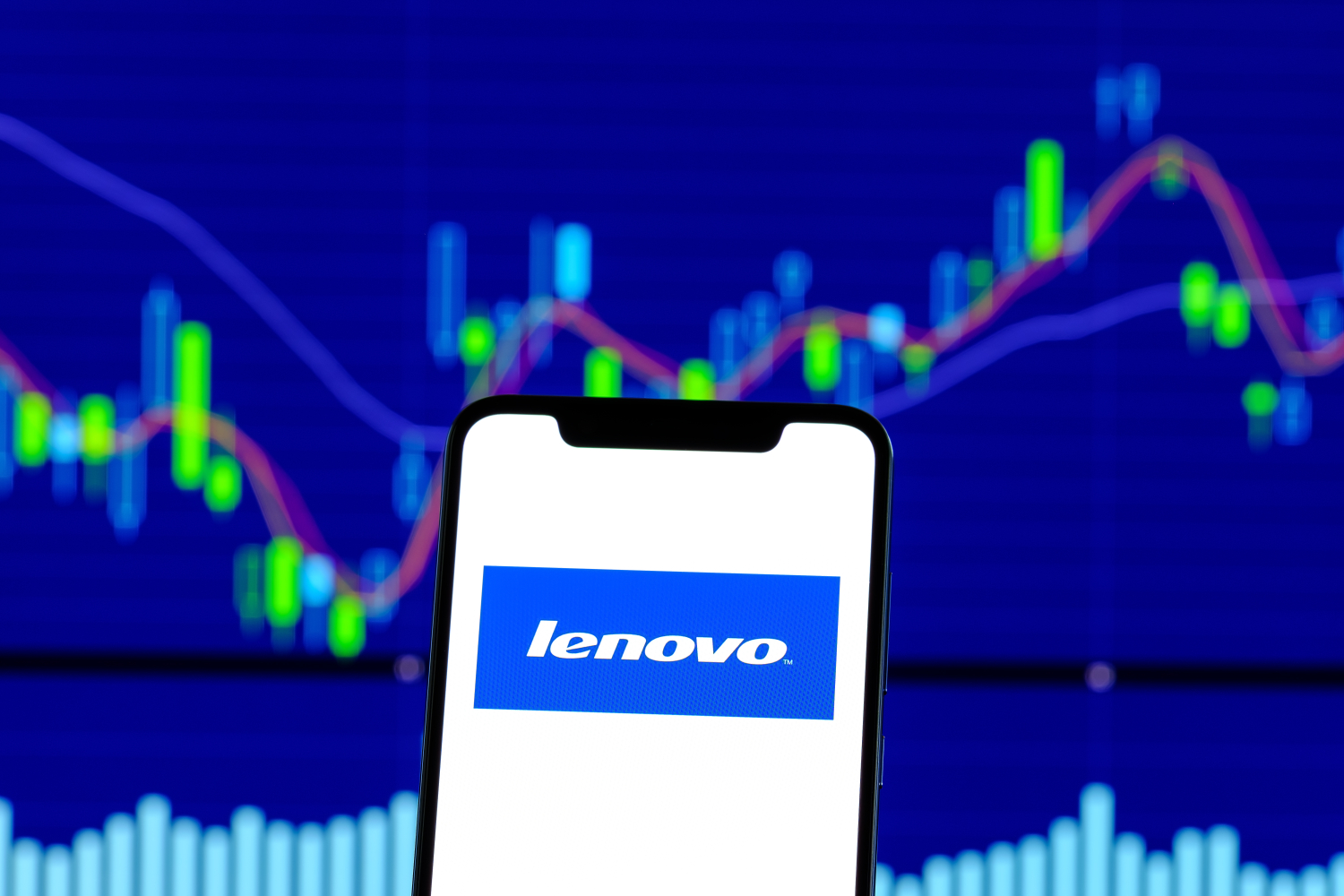Lenovo Shares Jump as It Shrugs off the US-China Trade War
Lenovo's share price jumped 11 percent on February 21 after its latest earnings report proved tech companies could survive, and even thrive, despite the ongoing not-quite-trade-war between the U.S. and China.
But that doesn't mean Lenovo is enthused about the conflict between the U.S. and China. "Definitely we don't want to see more trade war, political tension," Lenovo CEO Yang Yuanqing told Reuters. "If that continues, that would affect everyone, not just us, all multinationals."
Relations between the U.S. and China have grown increasingly hostile over the last year. Tariffs on goods originating from China quickly ballooned past initial estimates as they expanded to include more product categories. The U.S. also asked Canada to arrest Huawei CFO Meng Wanzhou for allegedly violating sanctions.
The countries have also engaged in a battle over memory and storage. After the U.S. barred American companies from exporting goods to Fujian Jinhua Integrated Circuit Company, China retaliated with increased scrutiny of companies like Micron. Neither seems willing to deescalate the conflict any time soon.
But Lenovo seemingly sidestepped those concerns in its most recent financial quarter. The company said it had a net profit of $233 million--as opposed to the $289 million loss from the year prior--which beat analyst expectations of $207 million. It also increased its share of the PC market to 24.6 percent despite that market's decline.
Those successes were repeated across Lenovo's various business groups, from workstations to mobile phones, and they all contributed to the company's highest quarterly revenues in four years. Investors responded by pushing Lenovo's share price up the 11 percent we mentioned earlier, bringing the stock to a 36-month peak.
Get Tom's Hardware's best news and in-depth reviews, straight to your inbox.

Nathaniel Mott is a freelance news and features writer for Tom's Hardware US, covering breaking news, security, and the silliest aspects of the tech industry.
